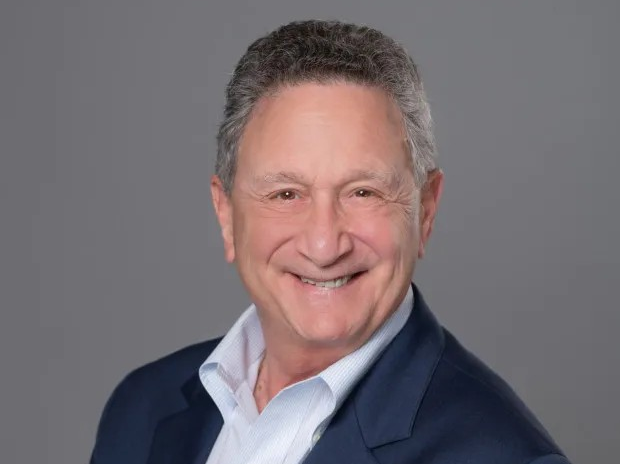Insurance policies often provide an insurance company with the right to repair the damaged property. The general rule is that when an insurer elects to repair the damaged property, the insurance contract is changed to a repair contract with no limit of liability. Accordingly, insurance companies rarely invoke this provision directly. Instead, many property field adjusters obtain bids from favored contractors, who promise to do the job for an estimated price, and then the adjusters subtly "steer" policyholders to the favored contractors. Whether the insurer’s suggestion to repair using a favored contractor is more akin to electing the right to repair can be a source of dispute.
Drew v. Mobile USA Ins. Co., 920 So.2d 832 (Fla 4th DCA 2006), is an example of this situation. The policy contained the following:
9. Our Option. If we give you written notice within 30 days after we receive your signed, sworn proof of loss, we may repair or replace any part of the damaged property with like property.
The Drews contended Mobile USA selected the contractor who apparently did a poor job, but Mobile USA indicated that the Drews were provided a selection of contractors. The Court noted two automobile repair cases Travelers Indemnity Co. v. Parkman, 300 So.2d 284 (Fla. 4th DCA 1974), and Arch Roberts & Co. v. Auto-Owners Insurance Co., 305 So.2d 882 (Fla. 1st DCA 1974), to explain whether Mobile USA could be liable for damages above its policy limits flowing from a breach of its contract to repair. The discussion is significant:
In Travelers, …The insurance company exercised the right given to it by the policy to make repairs, selected the repair company to do the work, and directed the insureds as to where to take the vehicle to be repaired. The vehicle remained in possession of the repair company for fourteen months until the insurance company paid for the repairs. The insureds sued the insurance company for loss of use of the car during the fourteen months it remained in the possession of the repair company. On appeal, the insurance company argued that, absent a provision in the policy providing coverage for loss of use, such consequential damage is not recoverable in a suit for breach of contract. We disagreed, holding that where the insurer elected to repair, the insured could recover damages for loss of use of the automobile proximately caused by the failure to repair it within a reasonable time, even though there was no coverage in the policy for loss of use. Significantly, this court held that “when the insurer makes its election to repair, that election is binding upon the insured and creates a new contract under which the insurer is bound to restore the vehicle within a reasonable time.” Id. at 285 (emphasis added). Where the insurer breaches this new contract to repair, it becomes liable for the damages proximately caused by this breach. Thus, this court allowed the insureds to recover damages outside of the scope of the policy in their breach of contract claim, even though the insurer was not alleged to have acted in bad faith. See also State Farm Mut. Auto. Ins. Co. v. Dodd, 276 Ala. 410, 162 So.2d 621, 626 (1964) (“It is the general rule that where a policy gives the insurer an election to repair or pay, the exercise of the option to repair converts the original contract into a contract to repair, subject of course to various refinements and exceptions.”). (emphasis added)
The Court held the issue of whether the insurer elected to repair was for the jury to determine. If such an election was made, however, the insurer would have no limit on its liability. These situations arise quite often when insurance field adjusters start mandating how repairs should be made and by whom. When things go wrong, policyholders may want to consider whether the insurer constructively elected to repair.



